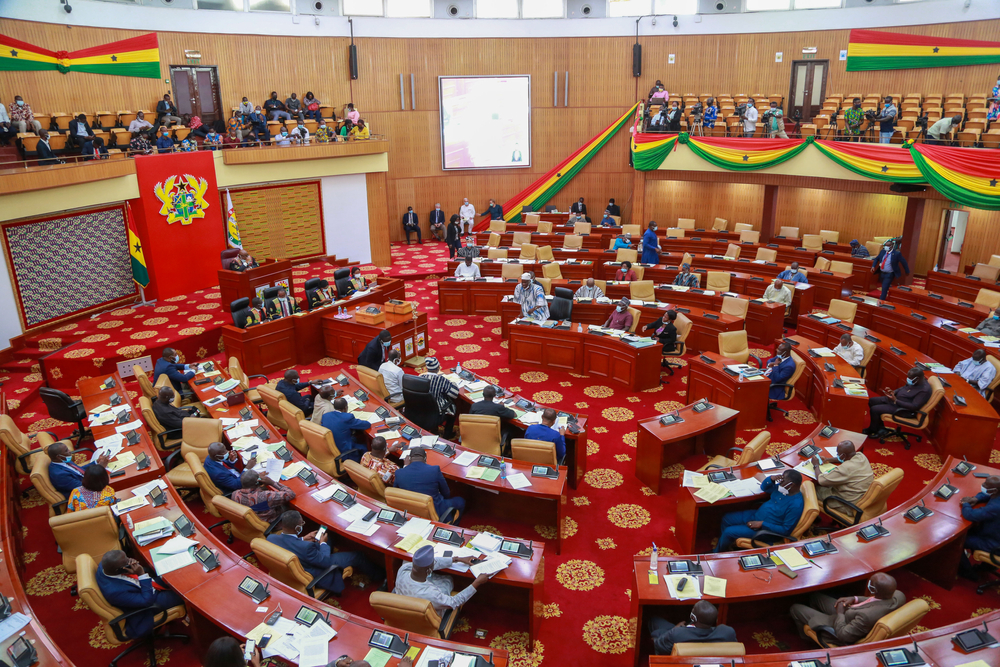On the 27th of July 2022, the Supreme Court of Ghana gave a narrow judgement on a case brought before it, challenging the constitutionality of section 43 of the Narcotics Control Commission Act, which would have enabled the provision of licenses for medical cannabis cultivation.
This decision comes as a surprise as the Narcotics Control Commission Act had legalised the cultivation of cannabis for medical purposes just in 2020, repealing the previous Narcotics Drugs Act of 1990.
The plaintiff, Ezuame Mannan, made the case that the procedure that led to the adoption of the amendment for Section 43 that enabled the cultivation of medical cannabis had been wrongly adopted. Section 43 of the Narcotics Control Commission Act of 2020 (Act 1019) states that a Minister “may grant a licence for the cultivation of cannabis which has not more than 0.3% THC content on a dry weight basis for industrial purposes for obtaining fibre or seed or for medicinal purposes”.
However, a closer inspection to the Supreme Court’s decision revealed that something more nuanced had happened. Maria-Goretti Loglo, Africa Consultant for the International Drug Policy Consortium (IDPC), provided more details on the case, explaining that the Supreme Court’s action was justified due to the unconstitutional way that the medical cannabis licensing power had been introduced.
The Supreme Court explained that “the mode of introduction of [Section 43] violates the letter and spirit of the Constitution” and that “there was conspicuously no debate over such a critical shift in policy by Parliament.”
The Ghanaian Constitution (specifically Article 106, part 2 and 5) requires parliamentarians to present bills with accompanying explanatory memoranda that detail how policy decisions came about and what the proposed law would be resolving. This must be submitted 14 days before a debate on the decision. At the time when the new Narcotics Control Commission Act was being debated in parliament in March 2020, the amendment to legalise medical cannabis (known as Section 43) was only briefly discussed (for a total of 12 minutes) before being voted on and approved. This amendment, however, had not been introduced previously (i.e. published 14 days before its debate with an explanatory memorandum). This was deemed unconstitutional and enough to nullify the proposal by the Supreme Court, eliminating the legal process for medical cannabis companies to apply for a cultivation license.
Benjamin Tachie Antiedu, a private legal practitioner, has stated that the Supreme Court’s decision to nullify the medical cannabis amendment was unnecessary, as Parliament holds power to amend Bills without having to publish them as a memorandum. He argued that if the Supreme Court required every amendment to any bill to be submitted in memoranda before they occur, passing any bill would be a long and laborious process and undermine Parliament’s power.
Loglo has added that civil society organisations are pursuing a permanent solution to this constitutional error, seeking to table an amendment that would re-introduce the medical cannabis provision with the required explanatory memorandum. The new amendment could also offer further changes, such as the removal of CBD from the controlled substances list, as well as amend the sentencing regime in Ghanaian law; the new Narcotics Control Commission Act does outline that drug use is a public health issue, and sentences for drug use should be amended to reflect that.
Legal cannabis can work within international drug control treaties
Interestingly, the plaintiff had initially stated that Section 43 was breaching the three international drug control treaties; however, the Supreme Court struck down this argument, as a medical cannabis industry can legally exist within the remit of the international drug control treaties.
Arguing that moves to legalise medical cannabis contravenes the international treaties is a move frequently used by prohibitionists worldwide to prevent any changes to drug policy. This is, however, an inaccurate reading of the international conventions’ purpose, as they protect the right for the medical use of controlled substances.
It is great to see alignment from the Supreme Court with this interpretation of the law. Loglo told TalkingDrugs that the Ghanaian cannabis policy was being watched with interest from cannabis activists and businesses across the African continent, as its approach to legal regulation could be emulated by other nations with similar political systems.
An analysis of the potential benefits of cannabis was conducted in 2021, underscoring the nation’s potential economic gain from the legal regulation of medical cannabis and hemp for internal use and global export. At the same time, the UN Office on Drugs and Crime has highlighted in their 2022 World Drug Report the important role that Ghana plays in the regional market for illicit cannabis: African member-states frequently mention the nation as a significant producing as well as transiting nation for the plant.
The potential cultivation of cannabis, whether as an industrial or medicinal crop, could be a boon for the country’s economy. This legal case demonstrates that, while drug control laws must be implemented properly and according to constitutional requirements, the international treaties do not have any power in domestic government’s decision-making, particularly when discussing the creation of a legally regulated medical market. This applies not only to medical cannabis, but any controlled substances that are found to have potential medical or therapeutic applications.


